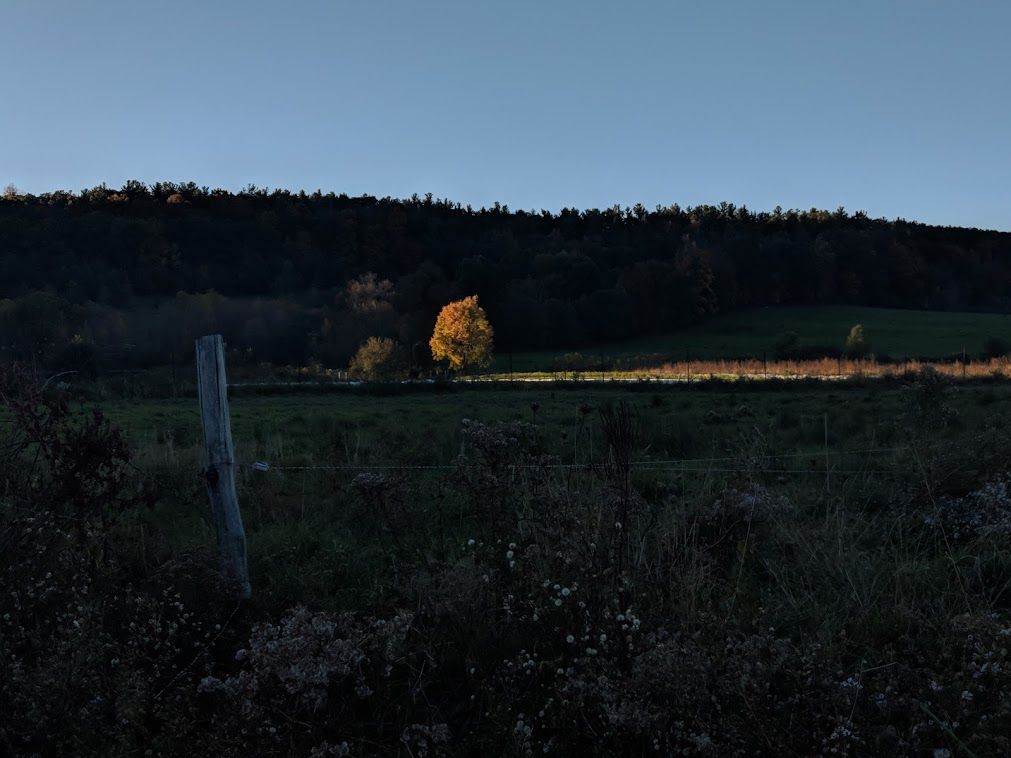Looking at Sinai
Zuzu Myers
In twelve years, I will be 37; the same age my mother was when she had me. Very nearly the same age my grandmother was when she had my mother. I was my mother’s first, she was her mother’s last.
Last night, I dreamed of my own child. A little one, born with stubble teeth in red gums. I dream I am deeply in love with this child, and I dream I have not the slightest idea of what’s happening. I dream myself in vagueness. There’s another parent of this child in my dream, an old boyfriend. He is unquestionably father to our child. He is aware–of the baby, of me. In my dream, I know only that this beautiful child is ours, and that it is odd our child has teeth the day it is born.
In twelve years, we will be past the climate tipping point unless drastic changes are made. This pronouncement, readily known by so many, already lived by so many more, comes from on high in the morning news. Having been made, it feels as ludicrous to hear as it does terrifying. For how many thousands of climate refugees have already been pushed into this world where homes are lost, not just from human cruelty, but from the dramatic shift in environment. Destruction of the environment has historically been as inextricable as violence done by unjust legal systems and wealth exchange. The twelve years deadline is a statement both apocalyptic in its reach and already reality. I know this, and still the number rings round my mind.
Hawthorne Valley Farm, NY, 2018
I was born into the Judaism my mother carries close. Judaism relies on a constant self reflexive history. History in one rendition is so broad that it sweeps; it calls upon winds and archangels. And in the next instant, at the bottom of Mt. Sinai, all the Jews who have ever been and ever will be are gathered. It is this moment I come to over and over again. It anchors me as I grapple with the present, past, and future, where I exist within the moment of intimacy between them, and a lifetime of intimacy and liberation of humanity.
I am living on a farm, in upstate New York. This week, there are fourth graders living here too. They peel into groups and pairs. It’s easy to see the intricate social dynamics they hold dear—they walk close, jacket brushing jacket, to the ones they are caught up in and walk far from those whom they have nothing to say. Under early morning sky, I do the calculation. In twelve years, these children will be twenty-two. Younger than I am now.
At night, we eat dinner together. I see one of the girls pull her hair into a ponytail and my whole self is caught in an ache. I want to be a parent so badly. To have a tumultuous and stable relationship with a child of my own. To bear responsibility for another life intimately and immediately tied with mine, as much as I know I am tied in the lives and movements of others. Unsettled, I go walking in the dark to be reminded of what is here, today. This week, the frost will come and freeze the trampled mud in the cow lane into solid earth. Tonight, it is wet enough to drag my feet beneath.
Hawthorne Valley Farm, NY, 2018
This dream I woke from is one in a progression: I’ve spent the summer dreaming of this ex. They leave the entire day unsettled and return at night. I’d dream we were in love again, and fully in the present, with that painful past all remembered, not vanished the way I’ve come to hope from dreams. All summer, I woke up in love again, with that low sadness and fear in memory.
Tonight, I am unable to sleep. I spend the cold night walking in the cow lane. It is too dark to see, but still there is my movement. In this space that is neither then nor will be, but that is now, this place where the sudden thoughts of my body sit with the thoughts of my mind, that I find Sinai.
Zuzu Myers
Zuzu Myers is a writer, traveler, and communicator based out of the United States. She draws deeply from an awareness of caregiving relationships with other humans and with the immediacy of these relationships in the time of catastrophic climate change. "Looking at Sinai" was born in October 2018, following the UN Climate Report acknowledging that we only have twelve more years to limit the effect of catastrophic climate change.



